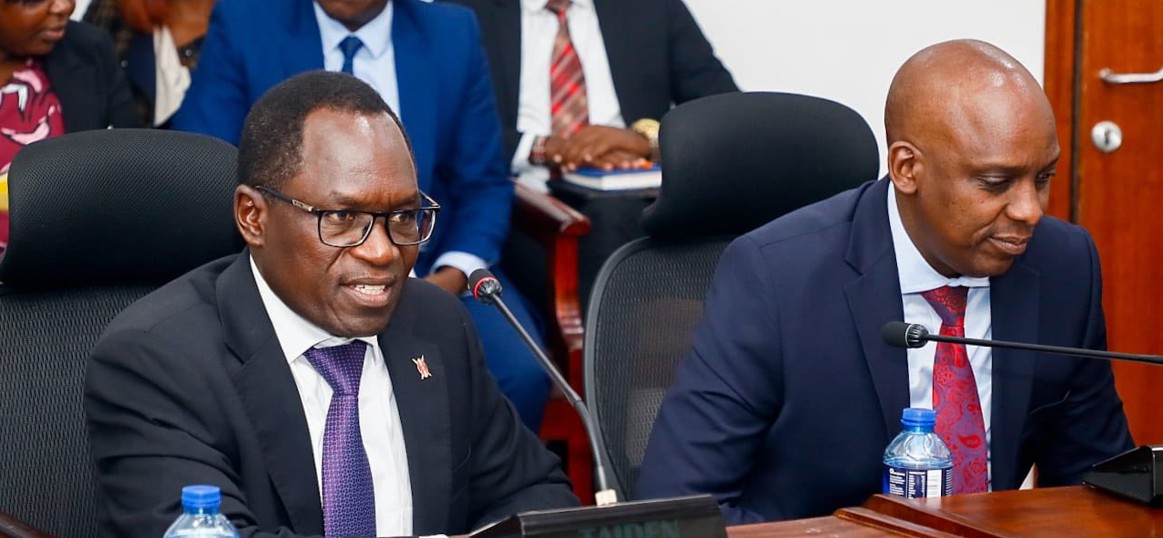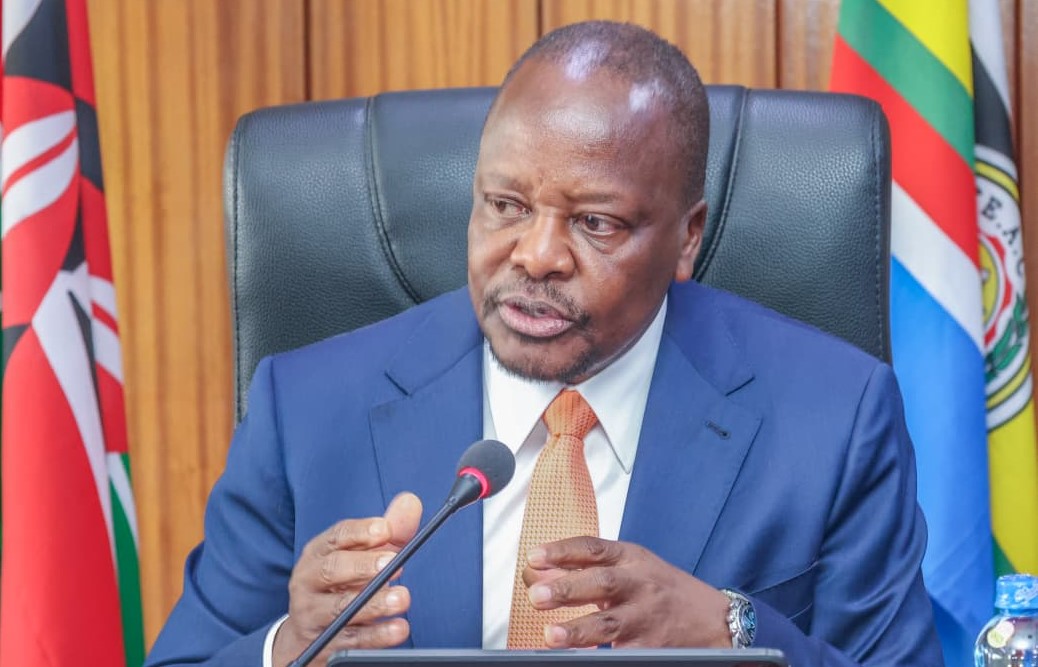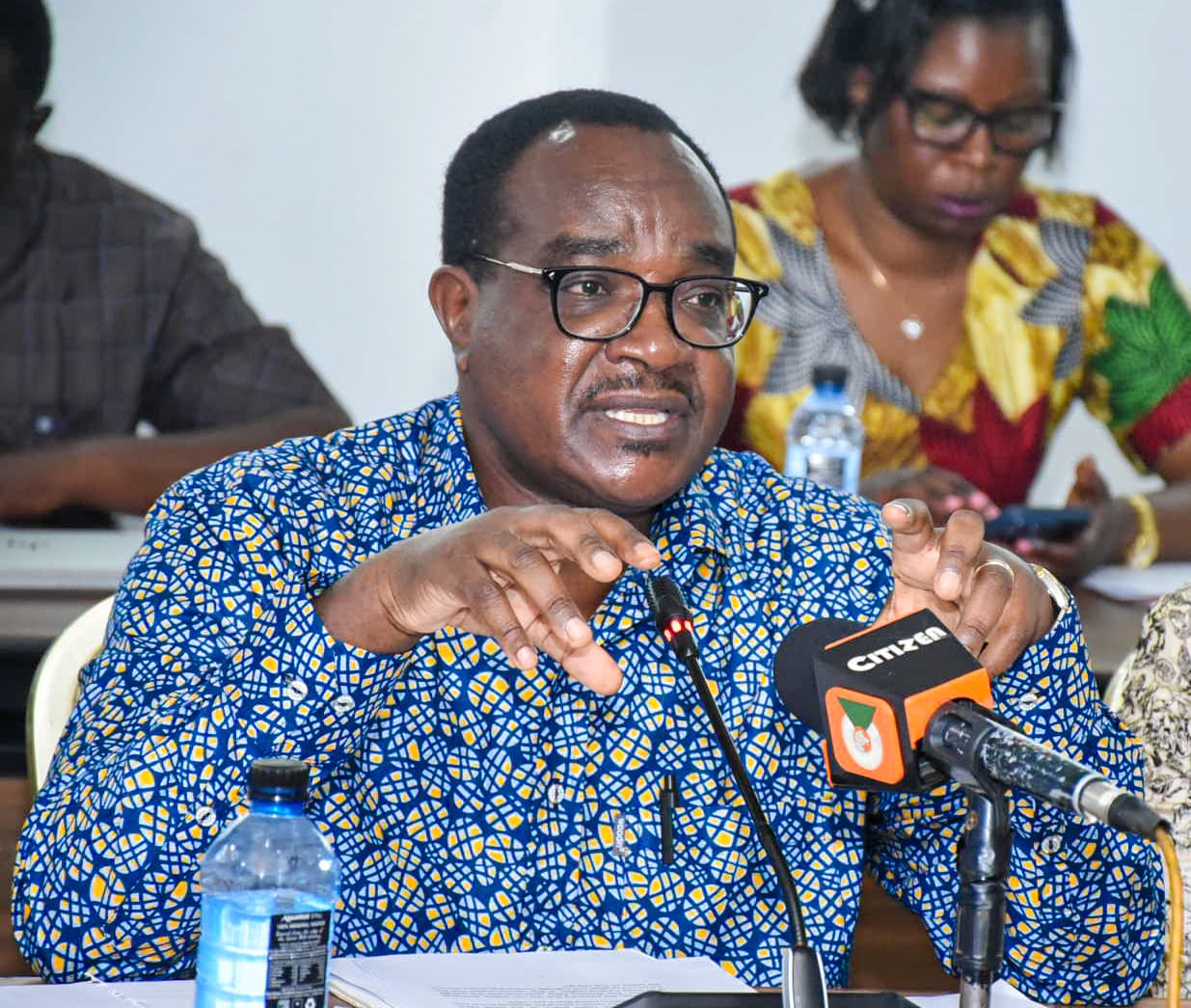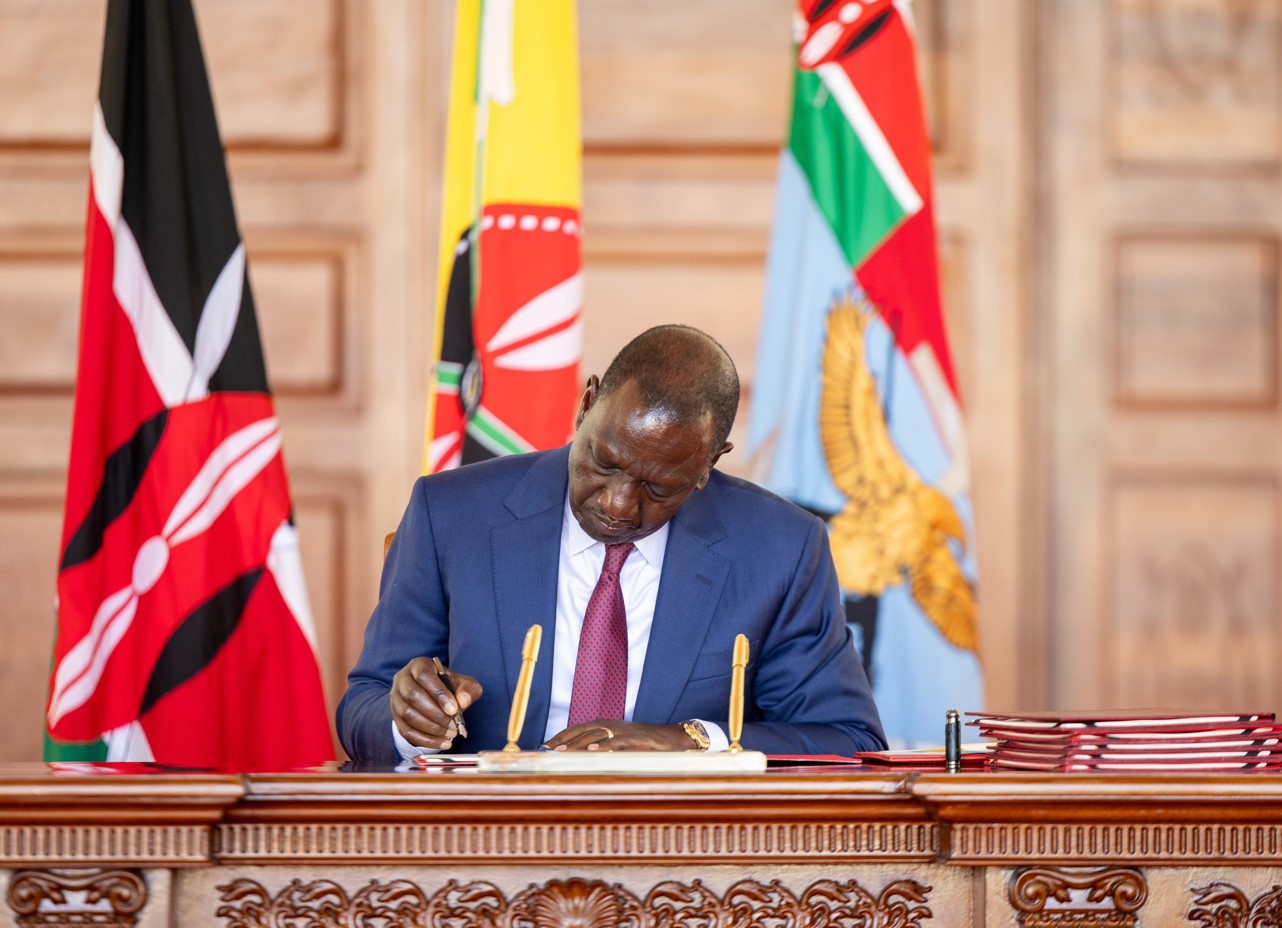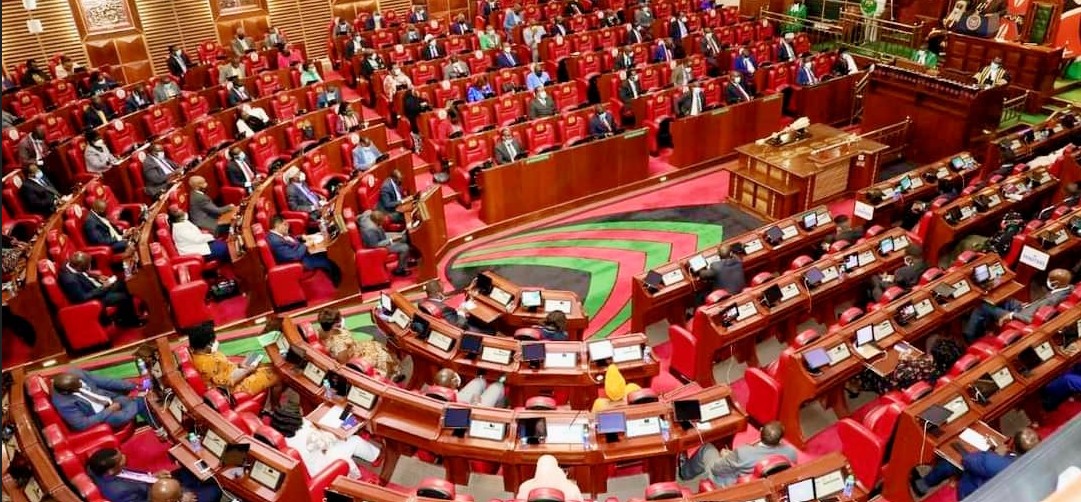Delays in loan utilisation cost Kenya Sh18.9 billion in commitment fees over past eight years

In its latest assessment of the 2025/26 budget proposals, the PBO called for urgent measures to ensure the efficient use of borrowed funds.
Kenya continues to lose billions in unnecessary costs, with a new report showing the country has paid Sh18.9 billion in commitment fees over the past eight years due to delays in utilising contracted loans.
The Parliamentary Budget Office (PBO), which advises lawmakers on fiscal matters, has warned that failure to promptly draw down loans is placing an additional burden on the country's already strained finances.
More To Read
- Why Kenya’s debt outlook is improving: Stronger shilling, weaker dollar, policy shifts drive decline
- Auditor General flags risks in Kenya’s Sh4.24 trillion budget, warns of rising debt
- Kenya raises Sh194bn through Eurobond to ease 2027 debt pressure, boost fiscal stability
- Treasury CS John Mbadi says Kenya's debt burden is suffocating the economy
- IMF urges Kenya to balance loans acquisition with sound economic policies
- Treasury admits to Sh220 billion excess borrowing citing delays in foreign financing
In its latest assessment of the 2025/26 budget proposals, the PBO called for urgent measures to ensure the efficient use of borrowed funds.
"By June 2024, Kenya had contracted but not yet disbursed debt totalling Sh1.38 trillion, resulting in approximately Sh1.58 billion in commitment fees. Between June 2016 and June 2024, the country cumulatively incurred a total of Sh18.9 billion in commitment fees for undisbursed loans, underscoring the financial burden of underutilised borrowed funds," reads the report.
The office noted that these delays not only increase costs but also stall critical development projects that rely on funding.
"The delays in the disbursement of loans defer the expected economic and social gains of the planned projects or programmes. Given the developmental importance of these loans, particularly concessional ones from the World Bank with favourable terms such as low interest rates and extended grace periods, it is critical to ensure their timely utilization to avoid unnecessary commitment fees," the report added.
According to the report, on average, Kenya is spending Sh2.3 billion annually to cover these costs. Commitment fees, charged as a percentage of the loan amount, compensate lenders for the risks of holding open credit lines without receiving interest on the principal.
Scrutiny
The growing financial burden has attracted scrutiny from oversight agencies, including the Auditor-General’s office. Auditor-General Nancy Gathungu has called on the National Treasury to conduct thorough reviews of loan terms, engage project-implementing agencies during negotiations, and ensure that all conditions for loan disbursement are met in time.
She identified several reasons for the payment of commitment fees, including delays in accessing the first disbursement and undrawn balances after project completion. A review of 32 sampled projects showed that only two had accessed their initial disbursements on time. Among the major obstacles were bureaucratic delays in obtaining no-objection certificates, challenges in signing subsidiary loan agreements, and the government’s failure to provide counterpart funding.
"To ensure that loans are contracted in a manner that minimises the cost and risk of borrowing, National Treasury should ensure proper scrutiny and negotiation of loan terms, adequate involvement of the project executing agency during loan negotiations and preparation during the drawdown of project loans," Gathungu said in her special audit report, dated June 2024 and presented to the National Assembly's Debt and Privatisation Committee.
She urged the government to ensure that adequate project appraisal is carried out before funding and in line with the Public Investment Management Guidelines, to save the taxpayer from paying unnecessary commitment fees and penalties arising from non-utilisation of the loan.
With the country’s debt burden rising, the PBO has urged policymakers to adopt reforms that will prevent further financial losses due to underutilised loans.
Top Stories Today
